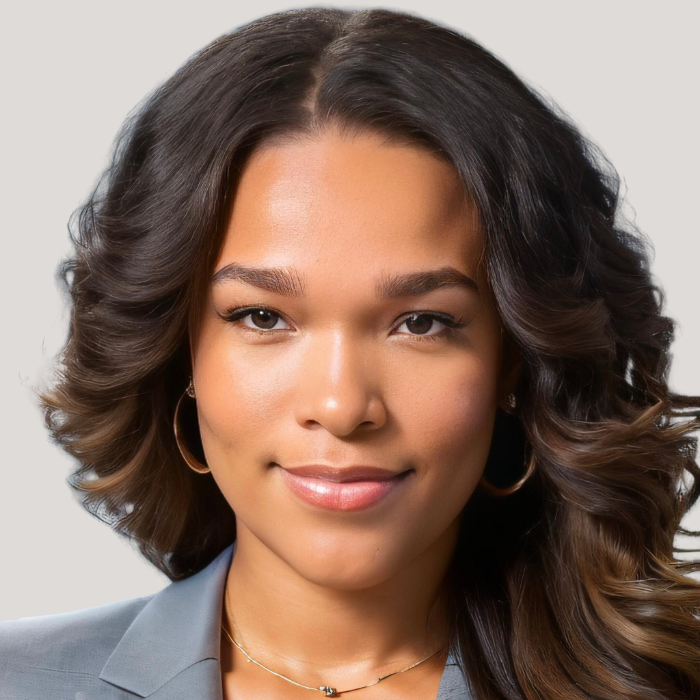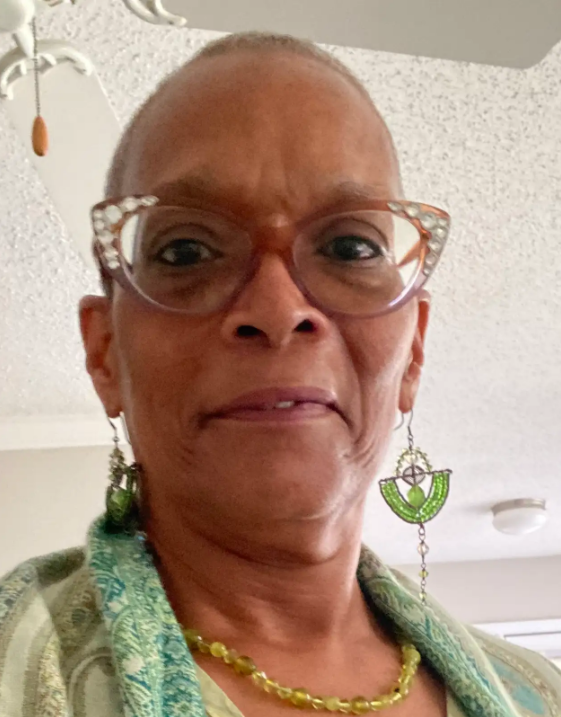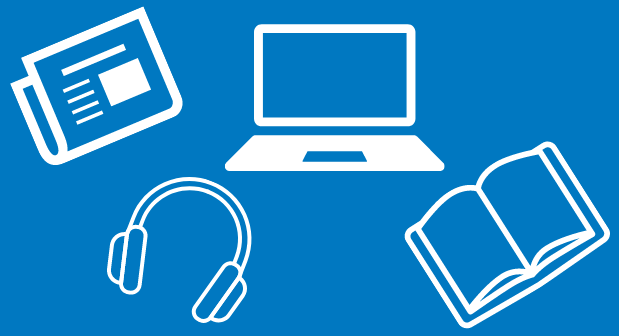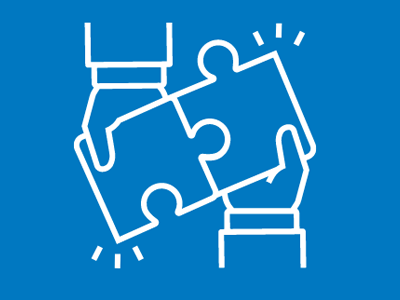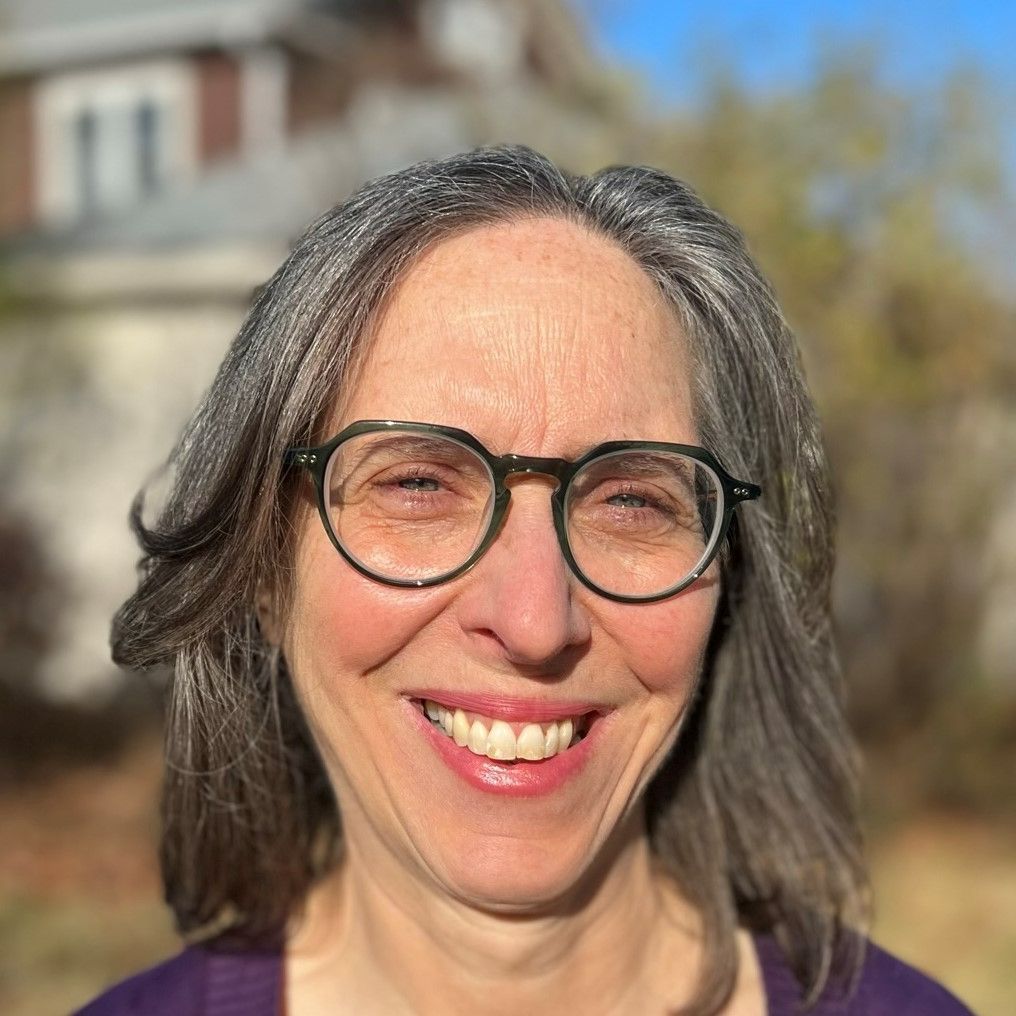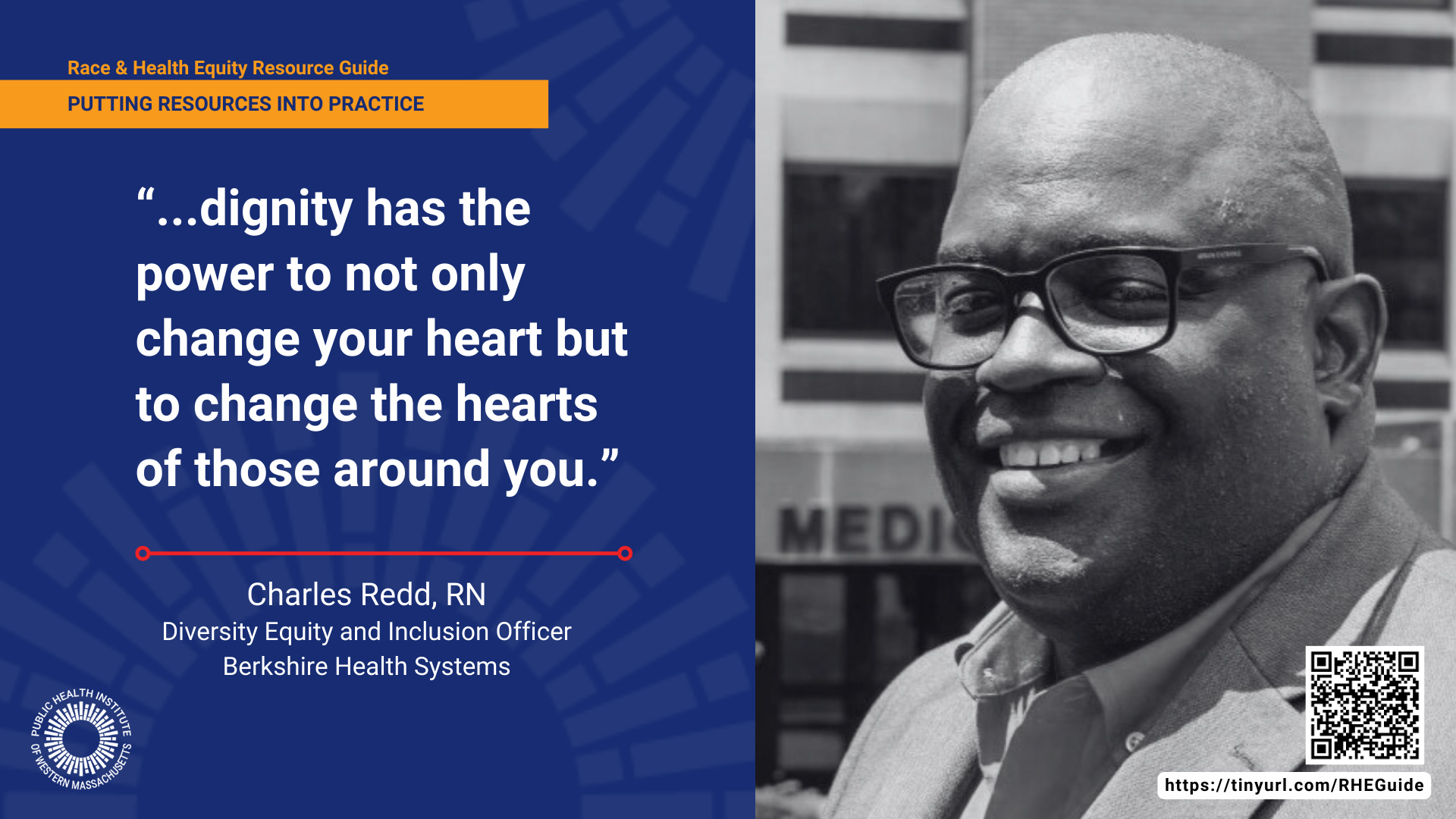Race & Health Equity Resource Guide
Search Resources
Search for practical tools for you or your organization.
Organizations
Find guidance to help make changes at your organization.
Race & Health Equity Blog
Learn how others have put resources into practice.
What is Health Equity?
This resource guide was initiated by the PHIWM Board's Race & Health Equity Committee and augmented by regional partners and collaborations. Through discussions, activities, and the development of a resource library, the committee and regional partners work to support professional development and personal growth by fostering a learning community. These resources were gathered from various platforms that lend differing perspectives and scholarly insights.
We hope organizations and stakeholders will utilize this guide to strengthen their understanding of race and health equity, serve as a guide for difficult conversations, and utilize this tool as a form of education to help aid and support the development of equitable communities.
Help us keep this tool up to date! Given that conversations around race and equity will continue to evolve as well as the resources used to support growth and learning, the committee seeks your comments, additions, or upgrades. Contact us with your suggestions, comments, and updates.
A Race and Health Equity Blog
Putting Resources into Practice
